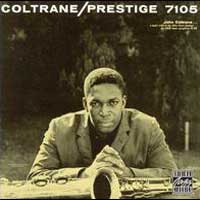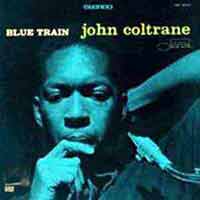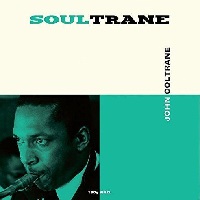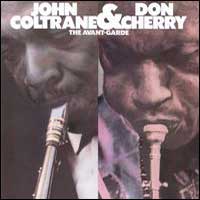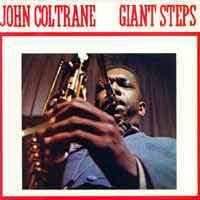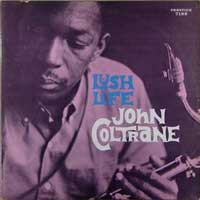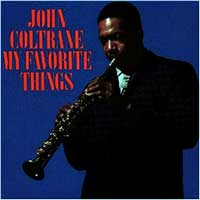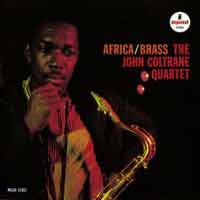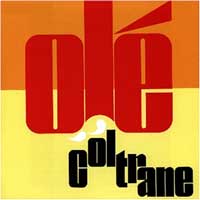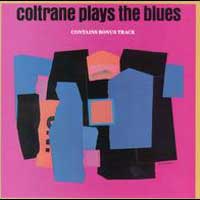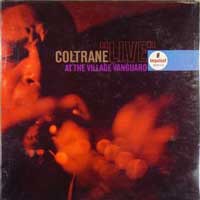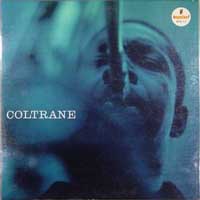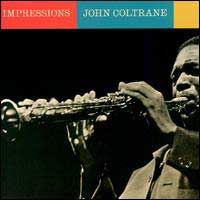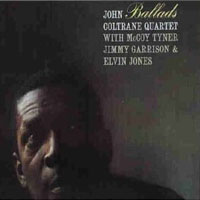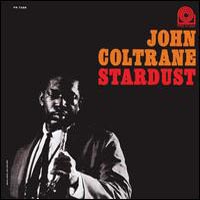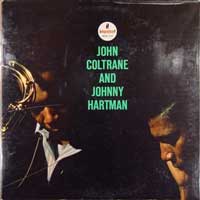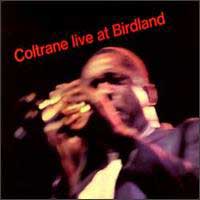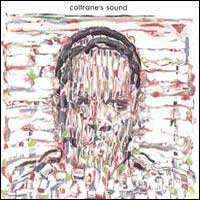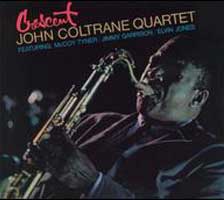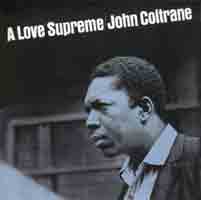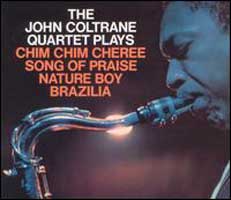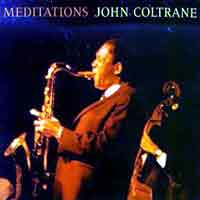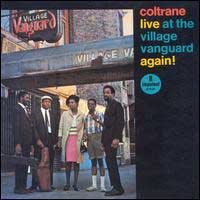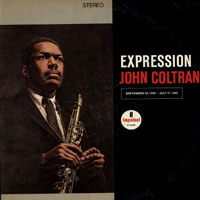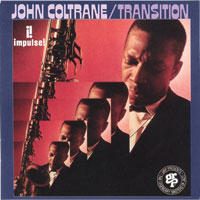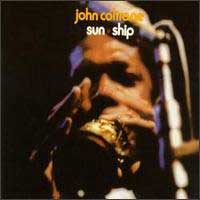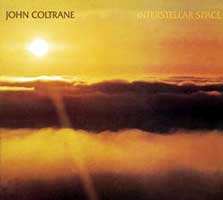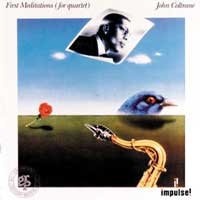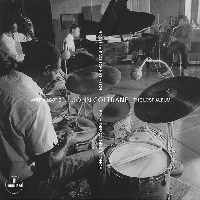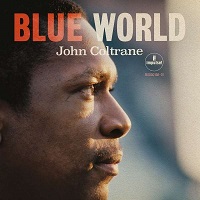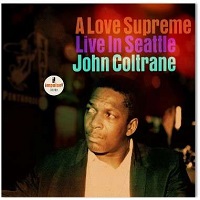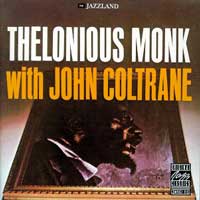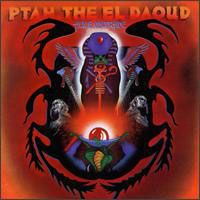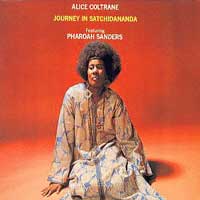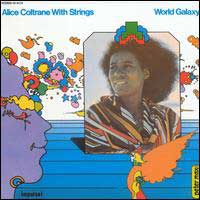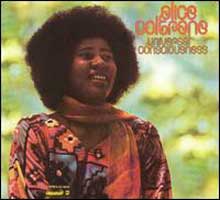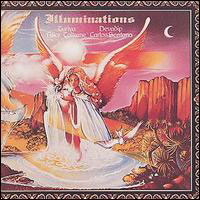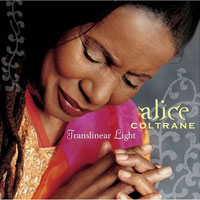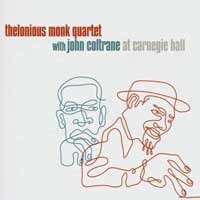This shouldn’t be at the top of anyone’s How To Buy John Coltrane list, unless you’re familiar with the esoteric sound of free jazz. But Ascension is an album to seek out as you get acclimatised to the saxophonist’s more avant-garde style. It was recorded six months after A Love Supreme but is radically different, with Coltrane surrounding himself with a ten-piece band that features three saxophonists (including Archie Shepp), two bassists and a pair of drummers to play a single, extended piece of music. Two versions of the composition were recorded, and recent CD reissues have featured both. While its collective improvisation reflects the growing influence of Ornette Coleman and Albert Ayler on his music, Coltrane nevertheless created a long-form improvised group composition without precedent.
(www.udiscovermusic.com)
Ascension is the single recording that placed John Coltrane firmly into
the avant-garde. Whereas, prior to 1965, Coltrane could be heard playing
in an avant vein with stretched out solos, atonality, and a seemingly
free design to the beat, Ascension throws most rules right out the window
with complete freedom from the groove and strikingly abrasive sheets of
horn interplay. Recorded with three tenors (Trane, Pharoah Sanders, Archie
Shepp), two altos (Marion Brown, John Tchicai), two trumpet players (Freddie
Hubbard, Dewey Johnson), two bassists (Art Davis, Jimmy Garrison), the
lone McCoy Tyner on piano, and Elvin Jones on the drums, this large group
is both relentless and soulful simultaneously. While there are segments
where the ensemble plays discordant and abrasive skronks, these are usually
segues into intriguing blues-based solos from each member. The comparison
that is immediately realized is Ornette Coleman's Free Jazz of five years
previous. However, it should be known that Ascension certainly carries
it own weight, and in a strange sense makes Coleman's foray a passive
adventure -- mostly due to an updated sonic quality (à la Bob Thiele)
and also Trane's greater sense of passionate spiritualism. Timed at around
forty minutes, this can be a difficult listen at first, but with a patient
ear and an appreciation for the finer things in life, the reward is a
greater understanding of the personal path that the artist was on at that
particular time in his development. Coltrane was always on an unceasing
mission for personal expansion through the mouthpiece of his horn, but
by the time of this recording he had begun to reach the level of "elder
statesman" and began to find other voices (Shepp, Sanders, and Marion
Brown) to propel and expand his sounds and emotions. Therefore, Ascension
reflects more of an event rather than just a jazz record and should be
sought out by either experienced jazz appreciators or other open minded
listeners, but not by unsuspecting bystanders.
(by Jack LV Isles)
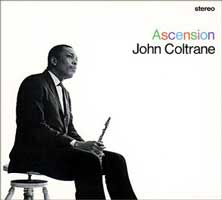
 Plattentipp
Plattentipp 
